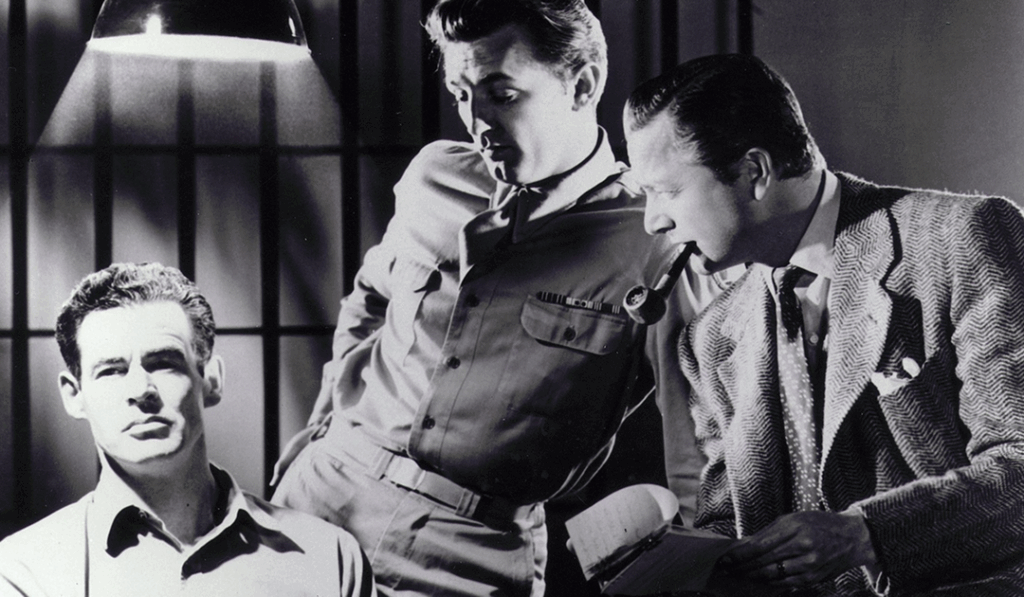(From the diary of Tyler Gitou, the Deal Whisperer)
“Mr. Gitou, how much do you usually budget for negotiation contingency?”
Tyler Gitou looked up from his computer screen, a quizzical look on his face. “I’m sorry, Verdi,” he said. “I don’t understand the question.”
“Well, when you negotiate a deal, how do you decide how much money to set aside to give to the client as a concession?”
“Oh, I see.” Tyler said. “Zero.”
“Zero?” Verdi said. “You mean to tell me that because you’re the Deal Whisperer you never make a concession on price?”
Tyler laughed. “No, Verdi. I never make a concession on anything. What I make is an exchange.”
“An exchange of what?”
“An exchange of value. Let me give you an example. Last month I was working on a managed services deal for a large pharmaceutical client. They said their primary goal in doing the deal was to reduce their procurement costs by 30 percent. Our proposal reduced those costs by 32 percent, more than any of our competitors. They wanted to sign the deal with us, but they said our price was 10 percent too high. What would you say in response to that?”
“It depends. What did they say will happen if I don’t cut the price?” Verdi asked.
“They said they will give the deal to one of our competitors.”
“OK,” Verdi said. “I wouldn’t cut the price by the whole 10 percent. Maybe I’d offer them five percent.”
“OK,” Tyler said. “And I would ask you, ‘Whadja get?’”
“Whadja… what does that mean?”
“It means ‘what did you get in return?’”
“I got the deal signed,” Verdi said. “Wasn’t that what I was supposed to do?”
“Sure it was,” Tyler said. “But why did you give the client free money on your way to signing?”
“I… well I had to…” Verdi sighed. “OK, I give up. What did you do?”
“I offered them options,” Tyler said. “I told them I could reduce the price by five percent to get closer to the competitor’s price if they would extend the deal by an additional two years. With an extra two years of revenue, I was able to make some cost reductions and pass the savings on to the client. It also means an extra two years that I keep my competition out of that part of the client’s business.”
“Wow, that’s like a win-win with another win!” Verdi said.
Tyler laughed. “It was a good outcome but the most important part of it was demonstrating to the client that my price was real by asking for an exchange of value. If I had just offered a five percent reduction, the client would have lost trust in our company and thought I was just padding my price.”
“An exchange of value. I like that,” Verdi said.
“Good,” Tyler said. “Remember, Verdi, a Deal Whisperer must always negotiate with respect for his own business. If we don’t show the client the value we put on our services, then the client has little reason to value or respect our services.”



